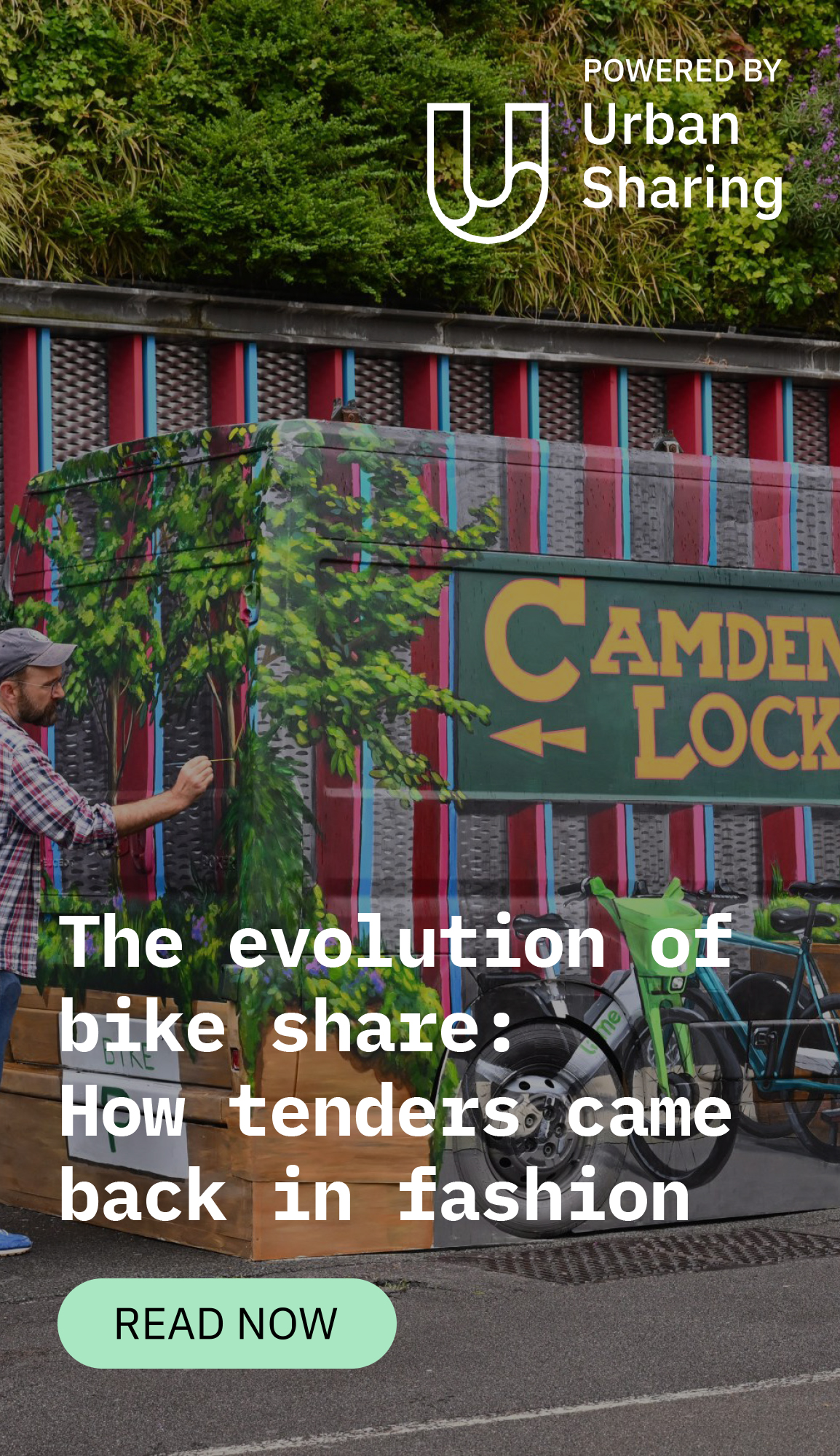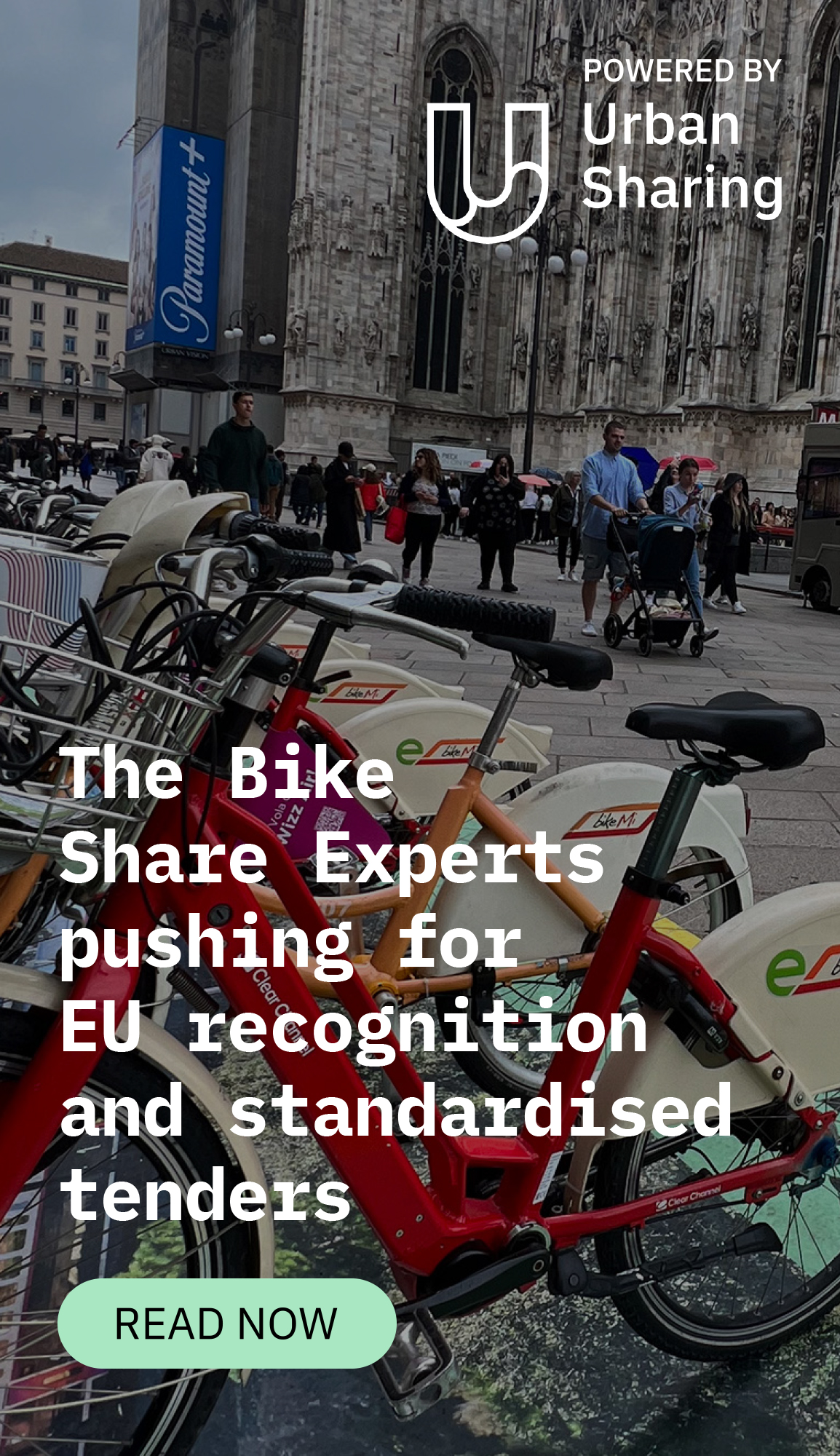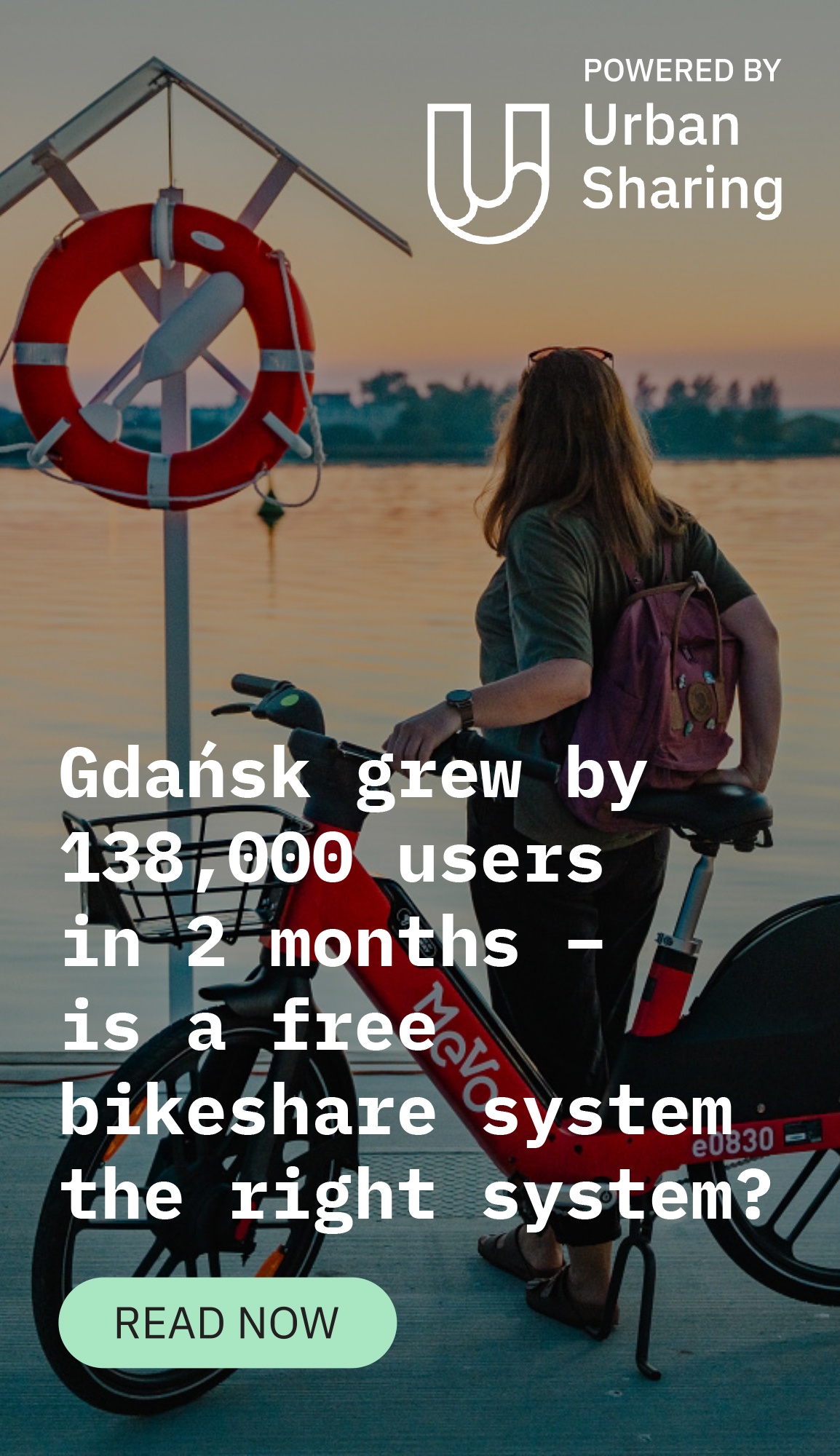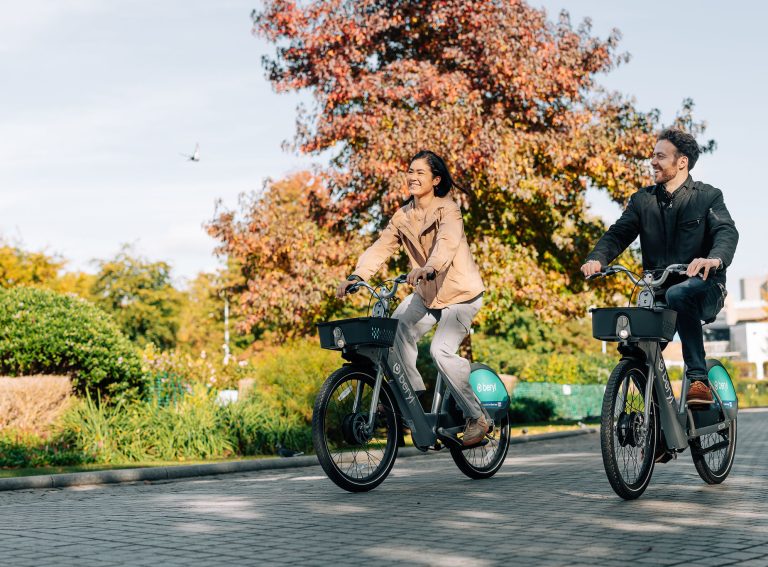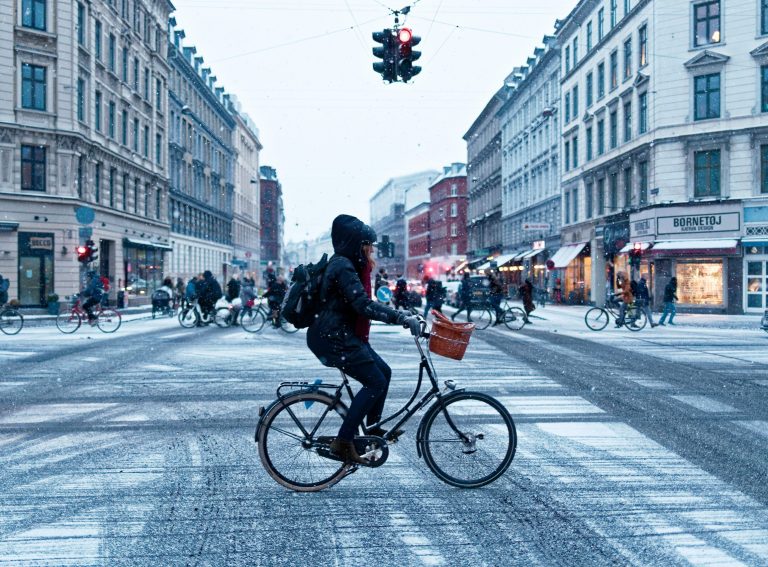Author: Philip Ellis, CEO and Co-Founder, Beryl
The recent news about Dutch e-bike manufacturer Van Moof being declared bankrupt may have sparked some industry concerns about the future and viability of the vehicle.
The safety of unregulated private models has also been under public examination after fatal incidents in Wales and Salford, making it a testing time for the e-bike.
Even more so than e-scooters, there is a wealth of evidence to demonstrate the importance of the vehicle as part of an integrated urban transport system, especially when properly planned and regulated.
A central pillar in micromobility systems
At Beryl, we design and build our own e-bikes, which gives us plenty of insight and experience into what makes them such a good form of sustainable transport. We launched our first e-bike share scheme in Norwich back in July 2020. Since then they’ve really gone from strength to strength as a mode, making a real positive difference across the twelve areas where we now operate.
In that time, our e-bikes have replaced over 150,000 private road transport journeys, including being a driver or passenger in a car, van, taxi or motorbike, across nearly 600,000km. According to industry calculations, this has saved over 85 tonnes of harmful carbon dioxide emissions from entering the atmosphere, which is the equivalent of 37,000 litres of petrol.
Their popularity has increased year on year in line with expansion, with ridership up 137% over the last 12 months (July 2022 – July 2023) and 192% during the previous 12 months (July 2021 – July 2022).
Transport authorities both in the UK and across the continent now fully recognise their importance. Later this year we will launch our Leeds City Bikes scheme in partnership with Leeds City Council, which will see over 650 e-bikes on the streets of one of the UK’s major city regions. Meanwhile, over in Brussels, the city’s transport authority is looking for a new operator to provide 7,000 e-bikes alongside just 1,200 e-scooters.
Also, according to the McKinsey Center for Future Mobility, the most rapidly growing and largest segment of the global micromobility market is e-bikes in Europe. That market is healthy for all types of e-bikes, whether they be privately-owned, leased or shared. Across Europe, Greater China and the United States, McKinsey predicts that the market will reach $114 billion by 2030.
Why is the e-bike important?
On a basic level, the e-bike is just so much fun to use. When you start pedalling, the assist will automatically kick in and you’ll feel the motor giving you a boost as you pedal.
The extra power brings numerous benefits to the rider – making hilly terrain easier, allowing more items/weight to be carried, helping keep up with faster riders and even assisting with some of the basics, such as setting off and balance.
It also carries all of the physical benefits of getting on two wheels – getting fitter and more active, burning calories and improving mental health, but without putting as much strain on the heart.
In terms of safety, delivery as part of an integrated shared transport scheme allows the regulation of e-bike safety features. It’s true that many of the models sold for private ownership on the internet can be unsafe, with questions surrounding their batteries and speed capabilities. However, our lithium batteries are rigorously safety tested, regularly checked and properly recycled, while our electric assist is capped at 15.5mph. Once you reach this speed, the motor will no longer assist you but you’ll be able to continue pedalling as normal.
By delivering in partnership with towns and cities and in consultation with communities and stakeholders, we can ensure our e-bikes are perfectly suited to the environments in which they are ridden.
The unseen impact
This week sees us celebrate the first anniversary of us introducing e-bikes into Bournemouth, Christchurch and Poole, which was already one of our flagship schemes before their introduction. Our research has also shown that, since the arrival of e-bikes, riders in BCP are now further embracing the variety of options. The latest Beryl Annual Rider Report showed that, in the BCP area, the number of people riding e-bikes and e-scooters has almost doubled from 29% in 2021 to 47% in 2022, and the number of riders just using bikes has more than halved from 47% in 2021 to just 20% in 2022.
This is also true of other schemes where e-bikes have been introduced. In Norwich for example, where e-bikes were introduced in July 2020, people are now much more likely to try multiple modes. The number of people riding bikes, e-bikes and e-scooters in 2022 almost doubled to 50% compared to 2021, while the number of riders just using bikes fell dramatically from 25% in 2021 to just 7% in 2022.
In short, by adding e-bikes and e-scooters into a shared sustainable transport mix, you broaden the appeal of active travel solutions. With each vehicle providing different benefits, you increase the chance of people finding a shared transport type that suits their needs and convenience, which increases the likelihood of long-term behaviour change.
The future’s bright
With more extensions to existing schemes, including Solent, Brighton and Plymouth, as well as the launch of Leeds in September, we’re anticipating another year of rapid growth in our e-bike usage.
If that wasn’t exciting enough, we’ll also be launching our brand new e-bike model. The third vehicle that we have designed and produced – this version will boast a more efficient motor system and sleeker frame design that will make it even better to ride. It will also be a more sustainable model, reducing wastage and part replacement which ties in with our ongoing status as B-Corp registered.
One of the benefits of being a home-grown organisation that designs and builds their own products is that we have autonomy over the quality and performance of our vehicles. Our new e-bike model will showcase that and will look to build on the success we’ve already had with this mode.
Ultimately our aim is to offer people more flexibility and choice around sustainable transport options. Our e-bikes are central to this, as we continue to encourage more people to change their habits, replace their car journeys with greener modes of transport and contribute towards decarbonising their local transport systems.
And long term, that’s good news for everyone.

